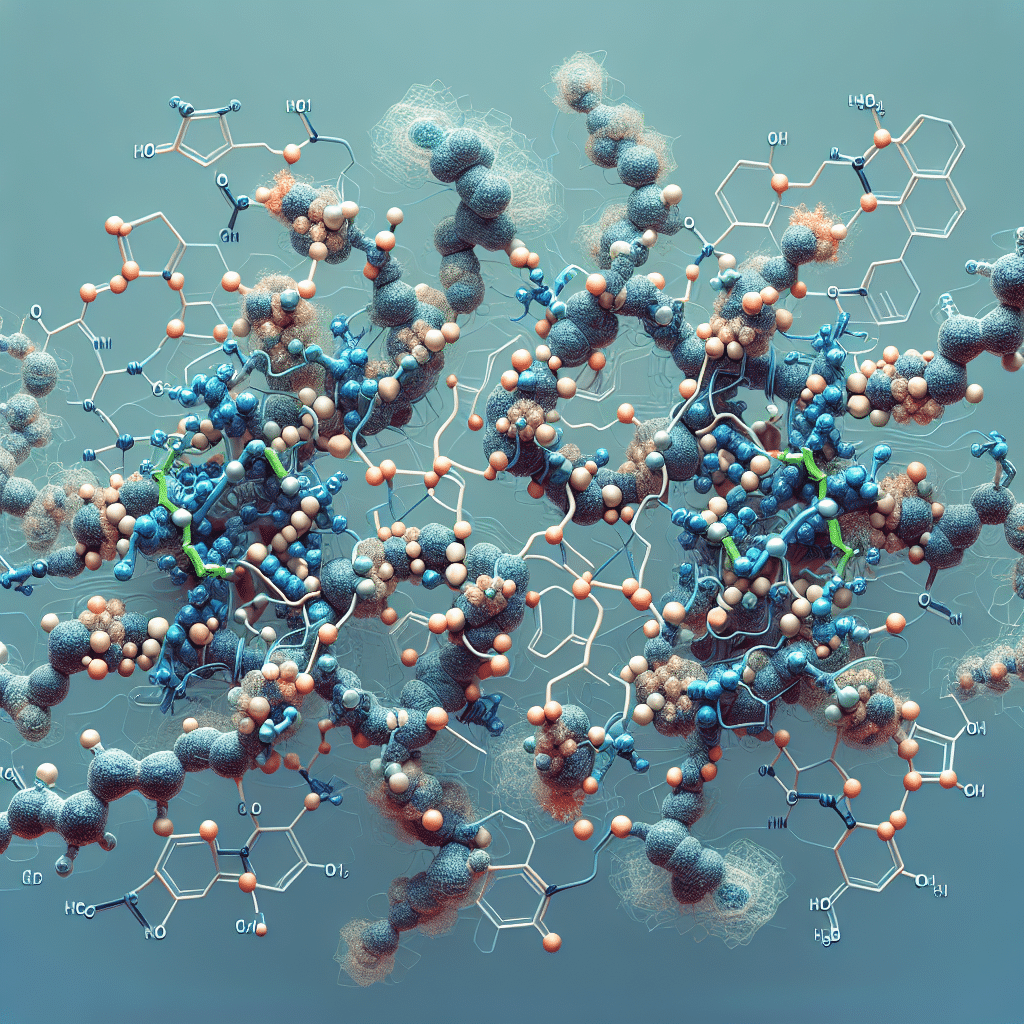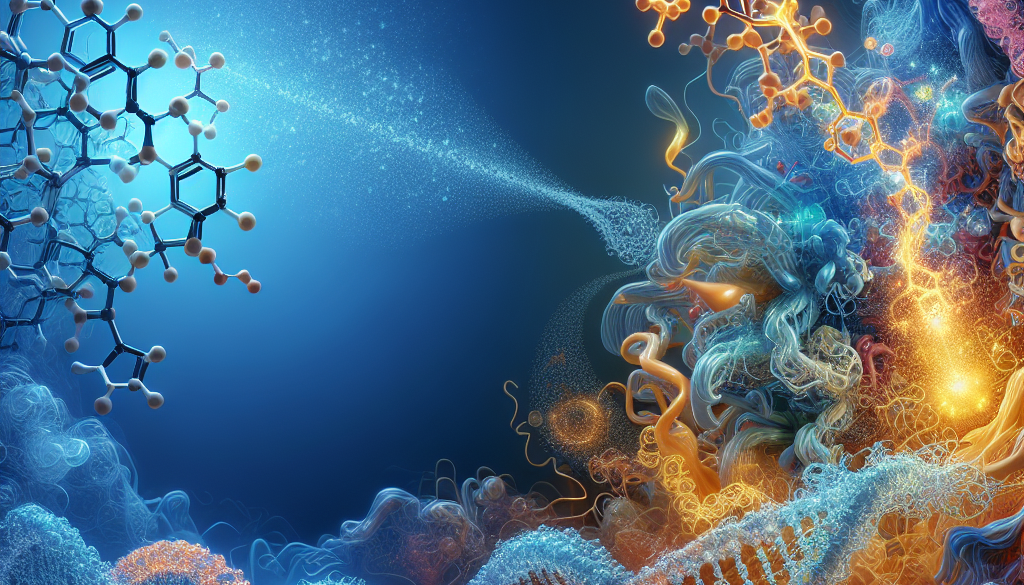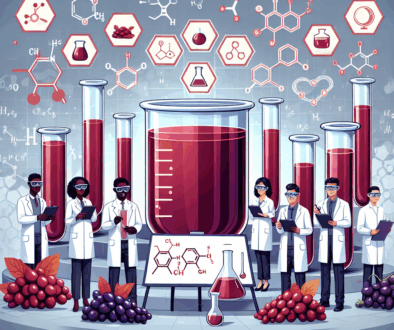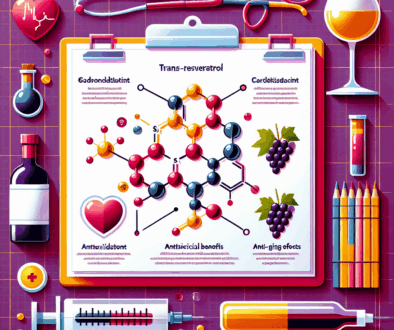Glutathione and Glutamate Cysteine Ligase: Importance
-
Table of Contents
- Glutathione and Glutamate Cysteine Ligase: Critical Players in Cellular Health
- Understanding Glutathione: The Master Antioxidant
- The Role of Glutamate Cysteine Ligase in Glutathione Synthesis
- Health Implications of Glutathione and Glutamate Cysteine Ligase
- Boosting Glutathione Levels: Diet and Supplements
- Conclusion: The Vital Importance of Glutathione and Glutamate Cysteine Ligase
- Discover ETprotein’s High-Quality Protein Products
Glutathione and Glutamate Cysteine Ligase: Critical Players in Cellular Health

Glutathione, often referred to as the “master antioxidant,” is a vital molecule found in every cell of the human body. Its importance cannot be overstated, as it plays a crucial role in protecting cells from oxidative stress, detoxifying harmful substances, and maintaining the immune system. The synthesis of glutathione is a complex process that relies on several enzymes, with glutamate cysteine ligase (GCL) being the rate-limiting step. This article delves into the significance of glutathione and the essential role of glutamate cysteine ligase in its production.
Understanding Glutathione: The Master Antioxidant
Glutathione is a tripeptide composed of three amino acids: glutamine, cysteine, and glycine. It exists in two forms within the cell: the reduced form (GSH) and the oxidized form (GSSG). The ratio of GSH to GSSG within cells is often used as a measure of cellular oxidative stress.
- Antioxidant Properties: Glutathione directly neutralizes free radicals and reactive oxygen species (ROS), which can damage cellular components such as DNA, proteins, and lipids.
- Detoxification: It conjugates with toxins, making them more water-soluble and thus easier to excrete from the body.
- Immune Function: Glutathione enhances the function of immune cells and is involved in the proliferation of lymphocytes, which are critical for an effective immune response.
- Protein and DNA Synthesis: It is involved in various biochemical pathways, including the synthesis and repair of DNA, as well as the activation and transport of proteins.
- Enzyme Function: Glutathione is a cofactor for several important enzymes, including glutathione peroxidase and glutathione-S-transferase.
- Regeneration of Vitamins C and E: It helps to regenerate these vitamins from their oxidized forms, maintaining their antioxidant capacity.
The Role of Glutamate Cysteine Ligase in Glutathione Synthesis
Glutamate cysteine ligase (GCL) is the first and rate-limiting enzyme in the biosynthesis of glutathione. It catalyzes the formation of gamma-glutamylcysteine from glutamate and cysteine. This enzyme is a heterodimer composed of a catalytic subunit (GCLC) and a modulatory subunit (GCLM), which together regulate the activity and stability of the enzyme.
- Regulation of GCL: The activity of GCL is tightly regulated by various factors, including the availability of its substrates and feedback inhibition by glutathione itself.
- Genetic Implications: Genetic polymorphisms in the genes encoding for GCL subunits can affect an individual’s capacity to synthesize glutathione, potentially influencing susceptibility to oxidative stress and related diseases.
- Therapeutic Potential: Modulating GCL activity through nutritional or pharmacological means is being explored as a therapeutic strategy to boost glutathione levels in conditions associated with oxidative stress and inflammation.
Health Implications of Glutathione and Glutamate Cysteine Ligase
The balance between the production and utilization of glutathione is critical for maintaining cellular health. Disruptions in this balance can lead to a state of oxidative stress, which is implicated in the pathogenesis of numerous diseases.
- Chronic Diseases: Low levels of glutathione have been associated with chronic diseases such as cancer, cardiovascular diseases, neurodegenerative disorders, and diabetes.
- Aging: Glutathione levels naturally decline with age, contributing to the aging process and the development of age-related diseases.
- Environmental Toxins: Exposure to environmental toxins can deplete glutathione levels, overwhelming the body’s detoxification capacity and leading to toxicity.
- Immune System: Adequate glutathione levels are essential for the optimal functioning of the immune system, particularly during times of illness or stress.
Boosting Glutathione Levels: Diet and Supplements
There are several ways to support the body’s glutathione levels through diet and supplementation:
- Sulfur-Rich Foods: Consuming foods high in sulfur-containing amino acids, such as garlic, onions, and cruciferous vegetables, can help boost cysteine availability for glutathione synthesis.
- Whey Protein: Whey protein is rich in cysteine and can increase cellular glutathione levels.
- Glutathione Supplements: Oral glutathione supplements are available, although their effectiveness in raising cellular glutathione levels is still under investigation.
- N-acetylcysteine (NAC): NAC is a precursor to cysteine and has been shown to effectively increase glutathione levels.
- Alpha-Lipoic Acid: This antioxidant can regenerate glutathione and enhance its synthesis.
Conclusion: The Vital Importance of Glutathione and Glutamate Cysteine Ligase
In conclusion, glutathione is an indispensable molecule for maintaining cellular integrity and overall health. Glutamate cysteine ligase plays a pivotal role in the synthesis of glutathione, and its activity is crucial for ensuring adequate levels of this vital antioxidant. Understanding the factors that influence glutathione synthesis and exploring ways to support this process can have significant implications for preventing and managing a wide range of health conditions.
Discover ETprotein’s High-Quality Protein Products
If you’re looking to support your health with high-quality protein products, ETprotein offers a range of options that can help boost your glutathione levels. Their selection includes organic rice protein, pea protein, and other plant-based proteins that are rich in the amino acids necessary for glutathione synthesis. Additionally, ETprotein’s L-(+)-Ergothioneine (EGT) products provide an excellent source of antioxidants to complement your health regimen.
About ETprotein:
ETprotein, a reputable protein and L-(+)-Ergothioneine (EGT) Chinese factory manufacturer and supplier, is renowned for producing, stocking, exporting, and delivering the highest quality organic bulk vegan proteins and L-(+)-Ergothioneine. They include Organic rice protein, clear rice protein, pea protein, clear pea protein, watermelon seed protein, pumpkin seed protein, sunflower seed protein, mung bean protein, peanut protein, and L-(+)-Ergothioneine EGT Pharmaceutical grade, L-(+)-Ergothioneine EGT food grade, L-(+)-Ergothioneine EGT cosmetic grade, L-(+)-Ergothioneine EGT reference grade and L-(+)-Ergothioneine EGT standard. Their offerings, characterized by a neutral taste, non-GMO, allergen-free attributes, with L-(+)-Ergothioneine purity over 98%, 99%, cater to a diverse range of industries. They serve nutraceutical, pharmaceutical, cosmeceutical, veterinary, as well as food and beverage finished product distributors, traders, and manufacturers across Europe, USA, Canada, Australia, Thailand, Japan, Korea, Brazil, and Chile, among others.
ETprotein specialization includes exporting and delivering tailor-made protein powder and finished nutritional supplements. Their extensive product range covers sectors like Food and Beverage, Sports Nutrition, Weight Management, Dietary Supplements, Health and Wellness Products, and Infant Formula, ensuring comprehensive solutions to meet all your protein needs.
As a trusted company by leading global food and beverage brands and Fortune 500 companies, ETprotein reinforces China’s reputation in the global arena. For more information or to sample their products, please contact them and email sales(at)ETprotein.com today.












